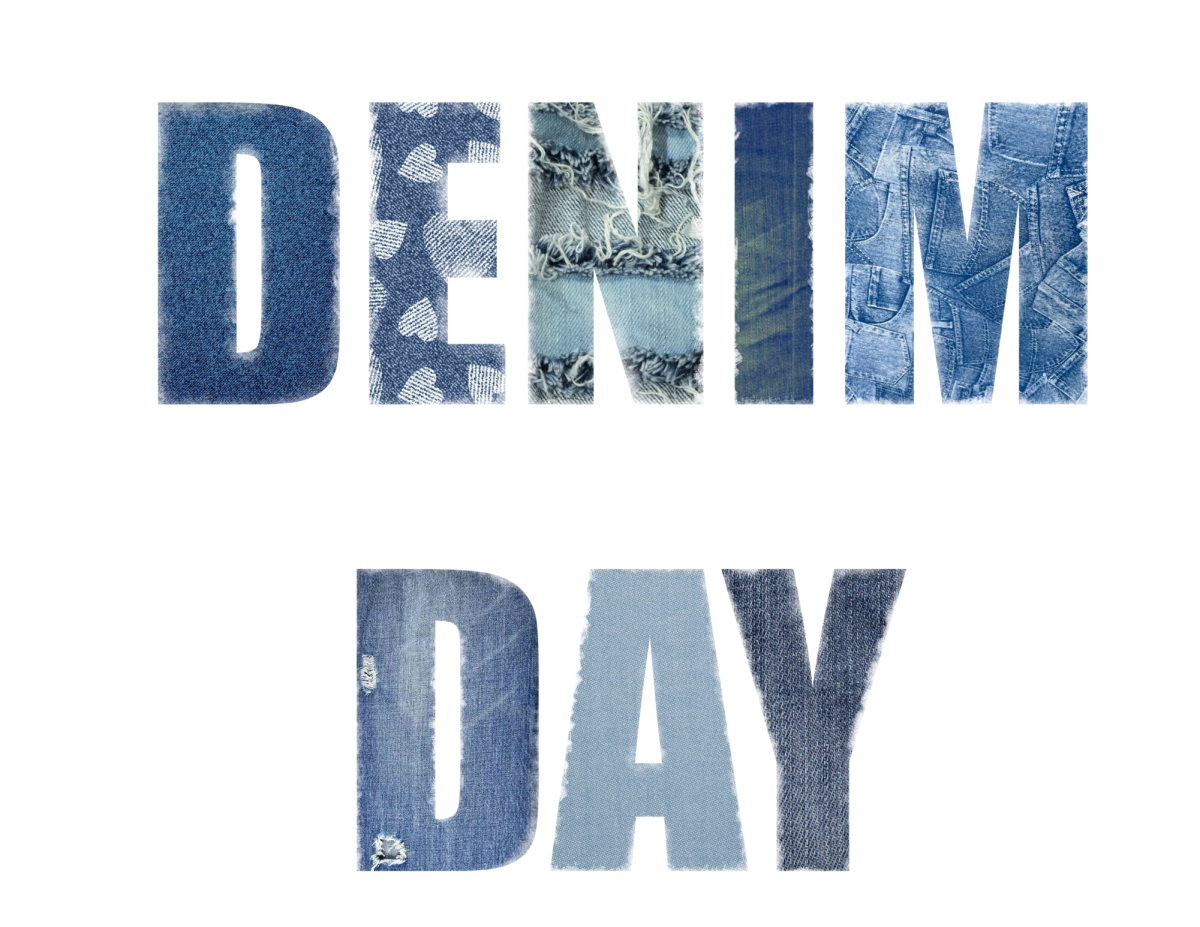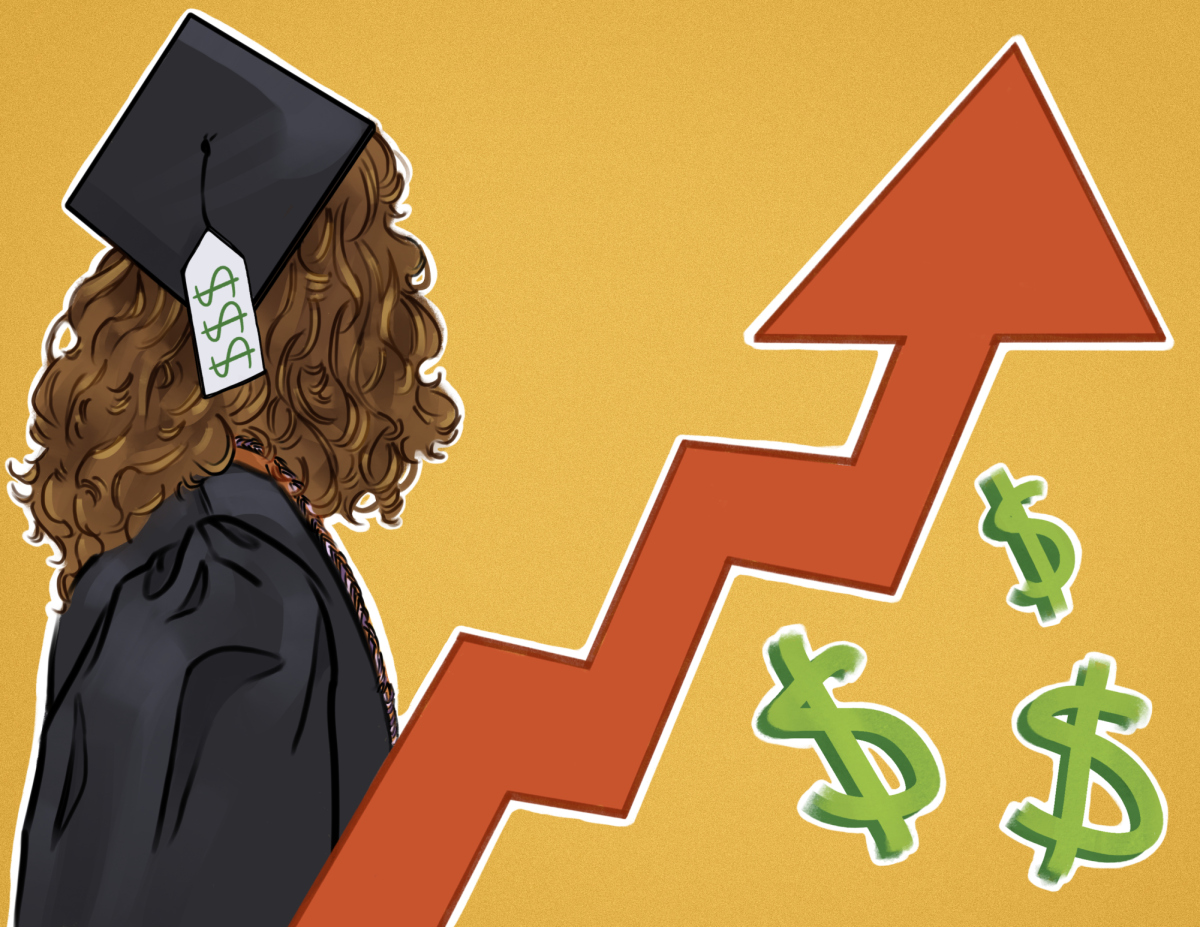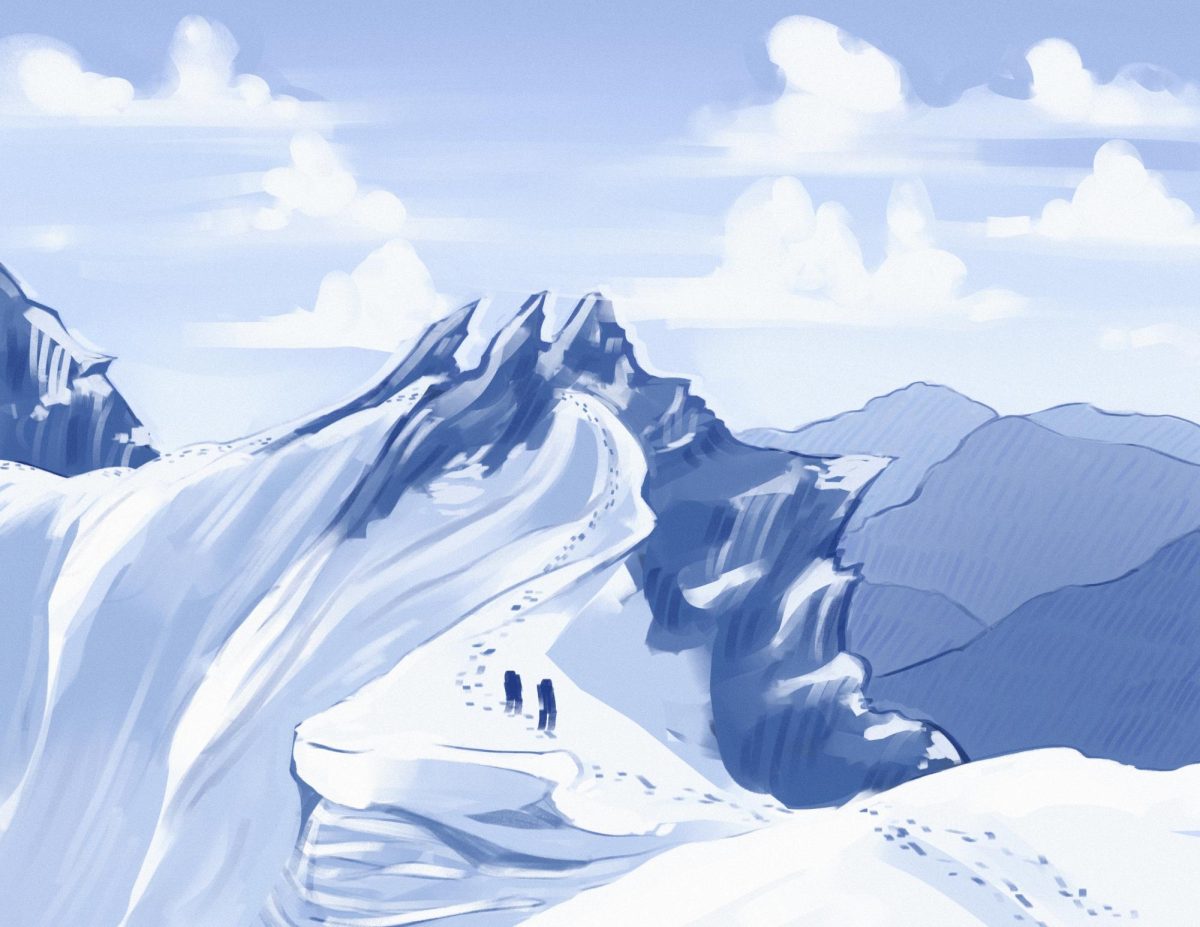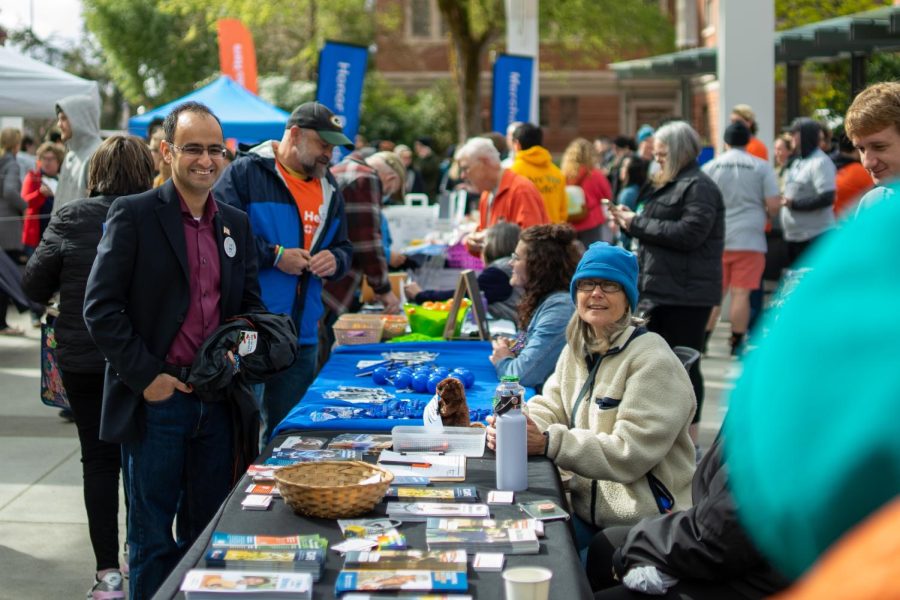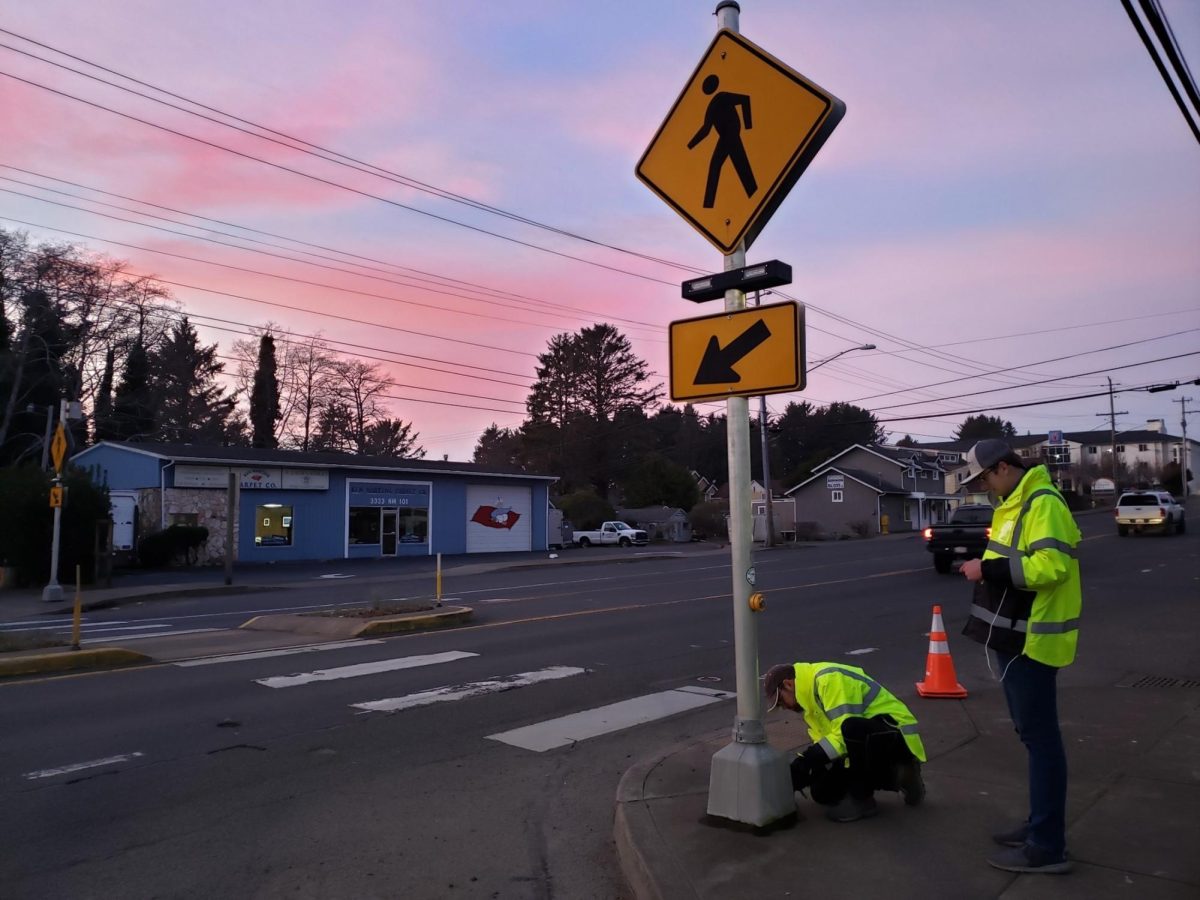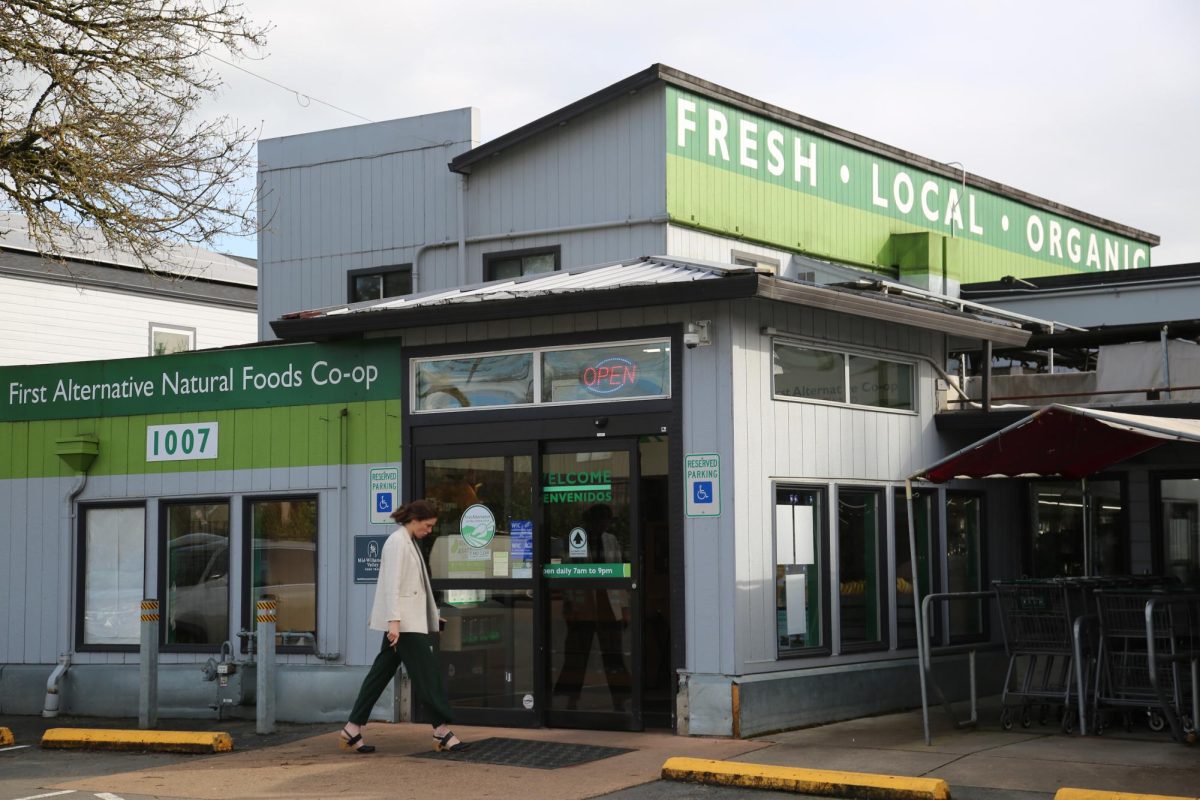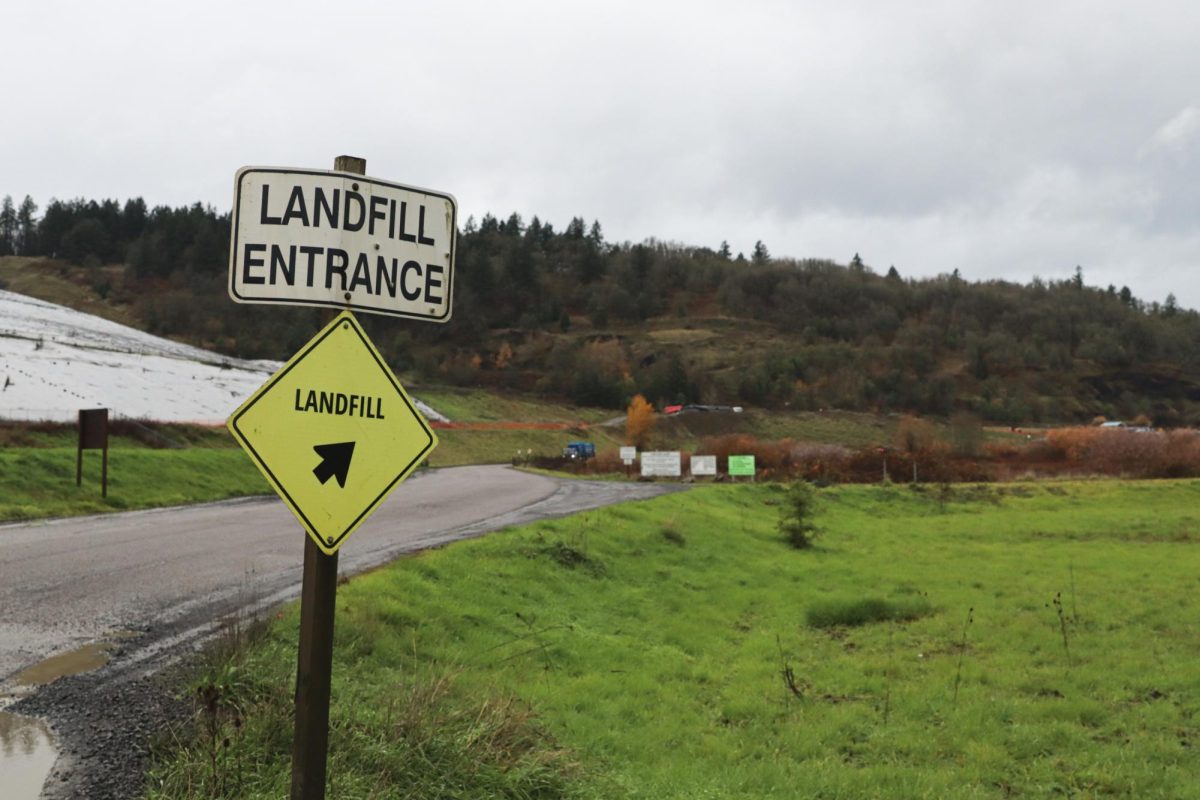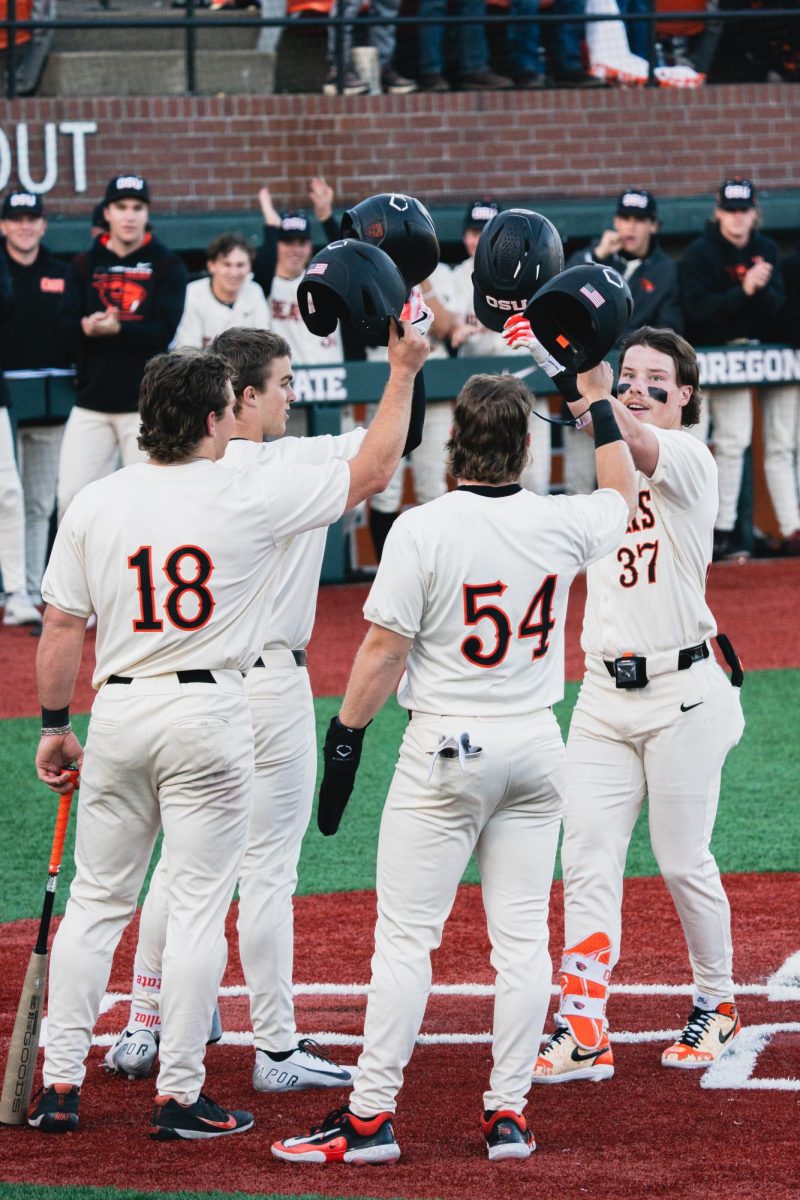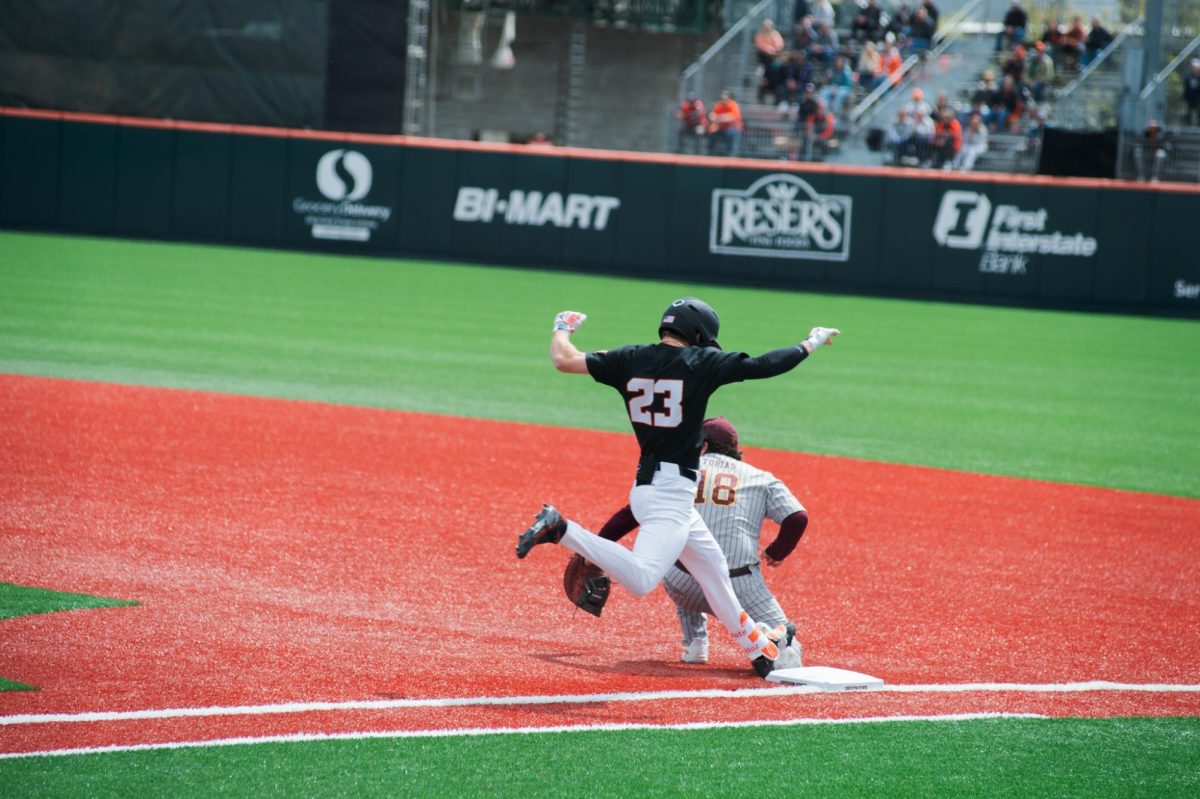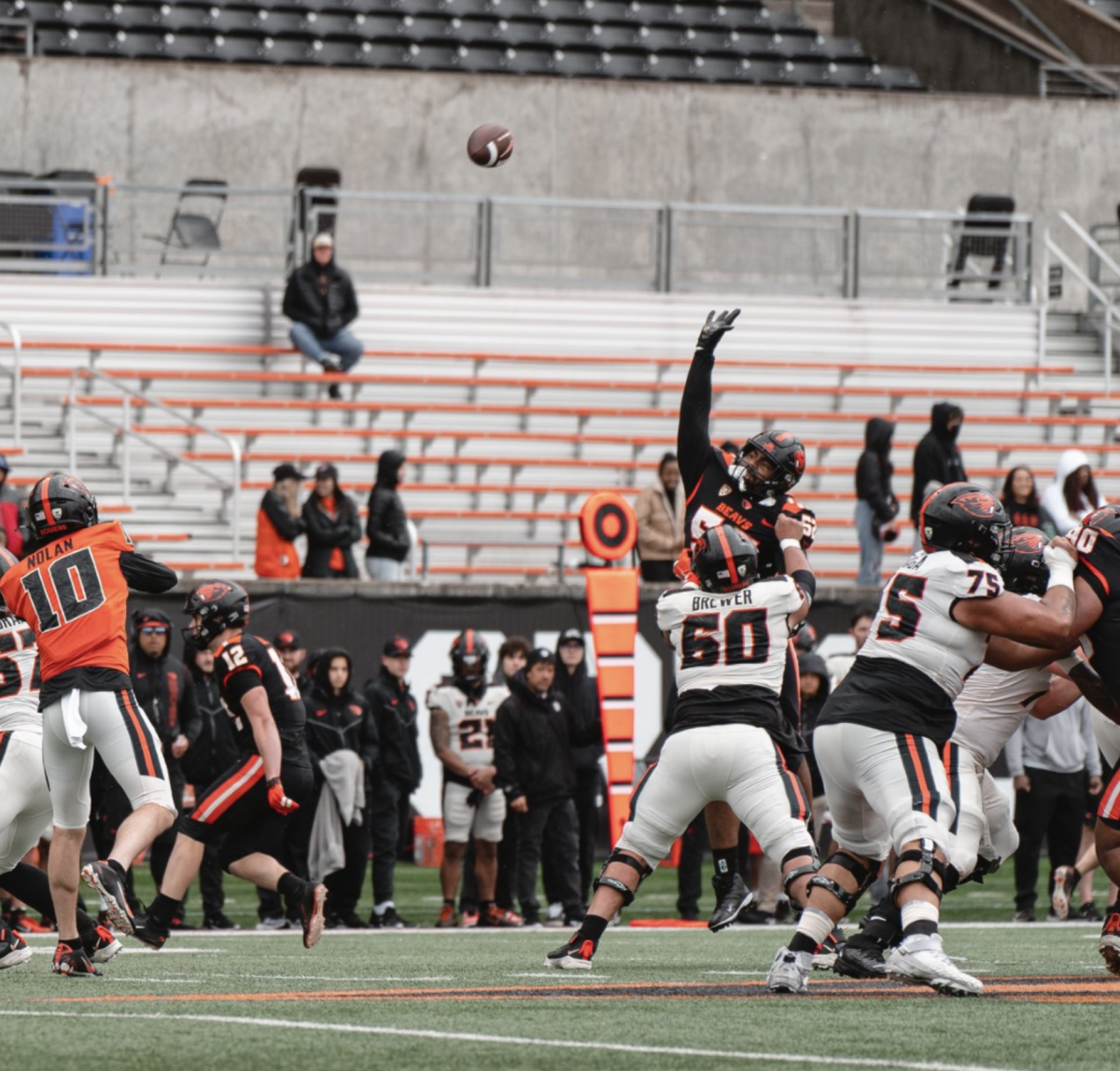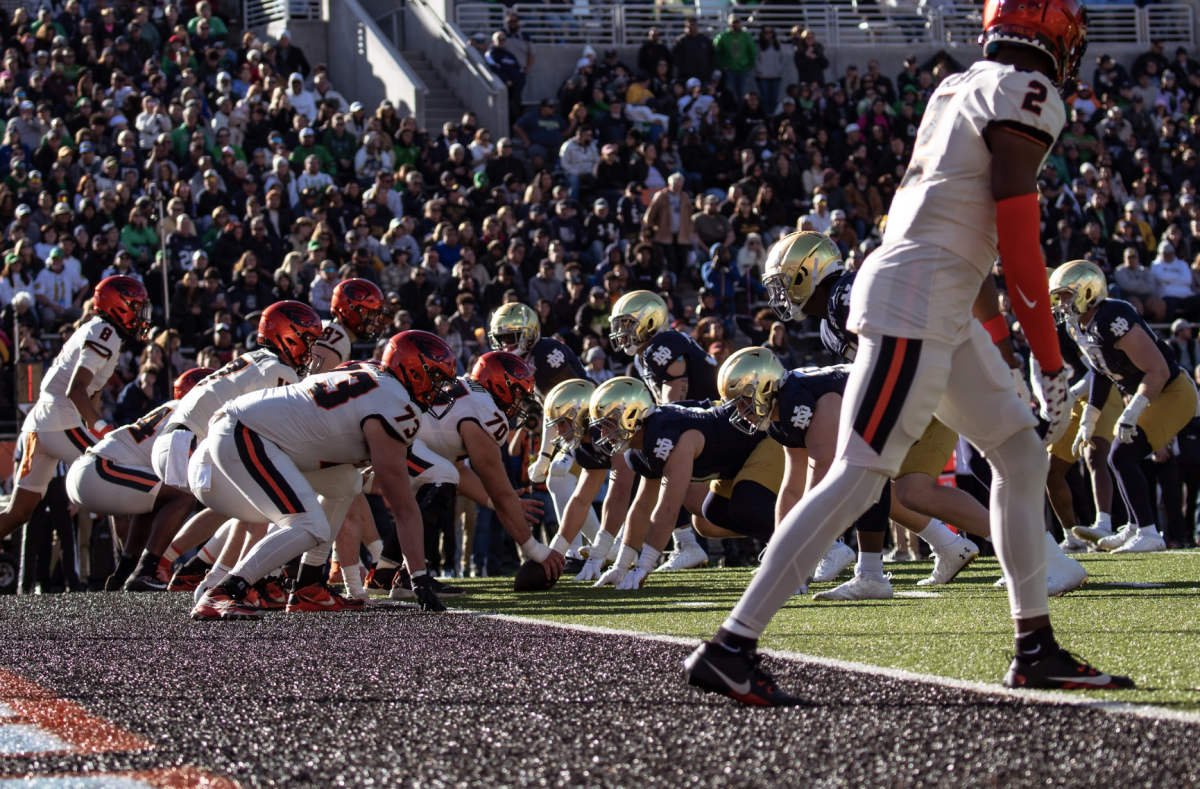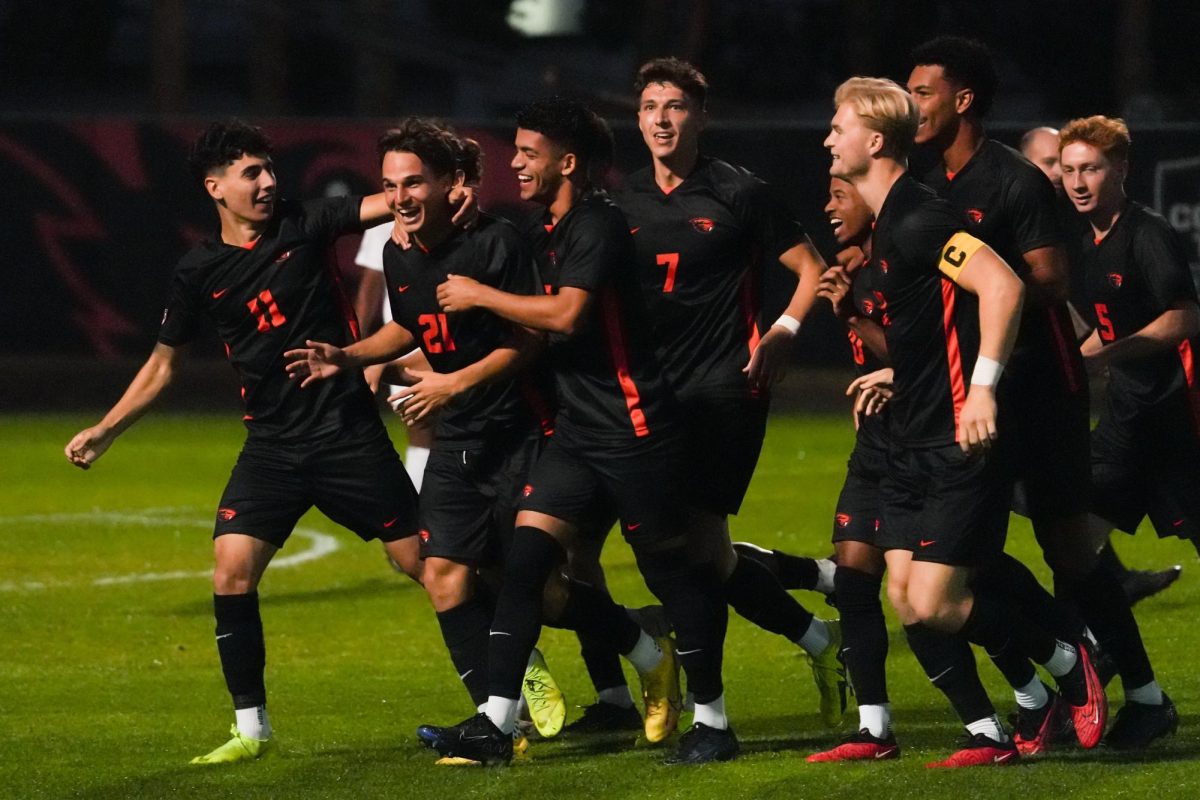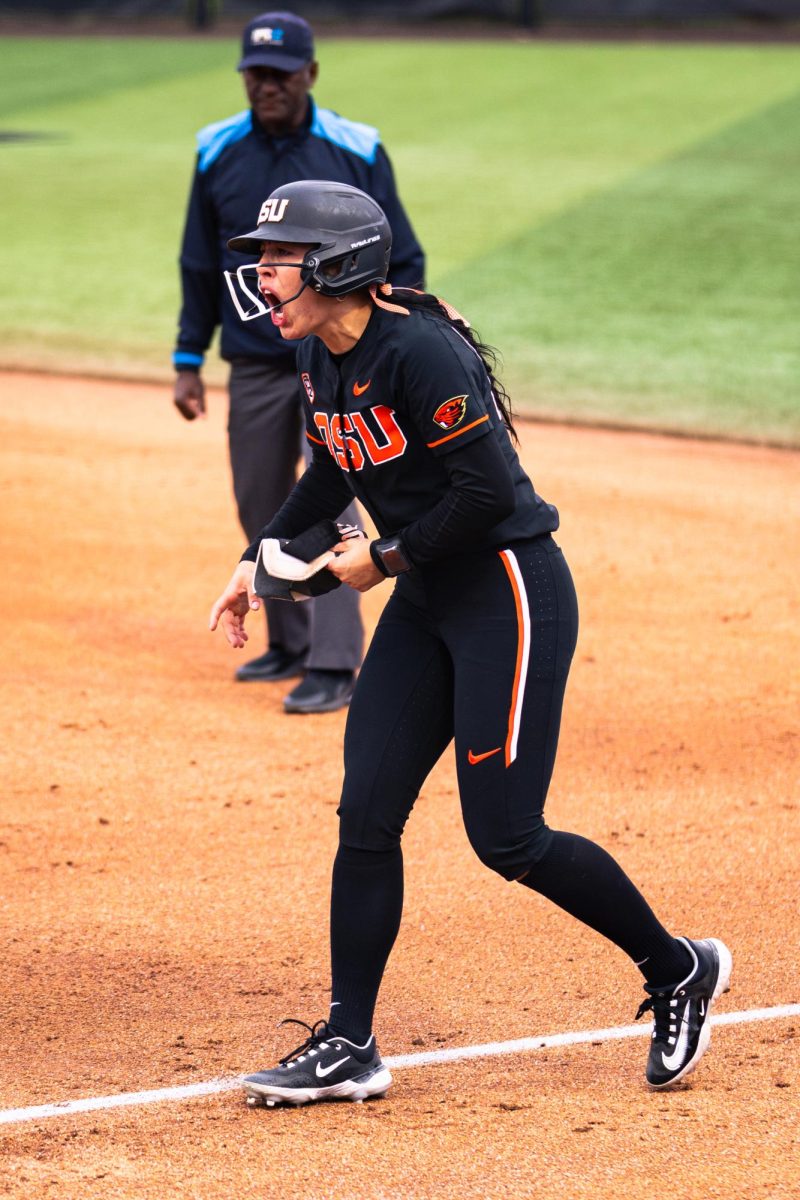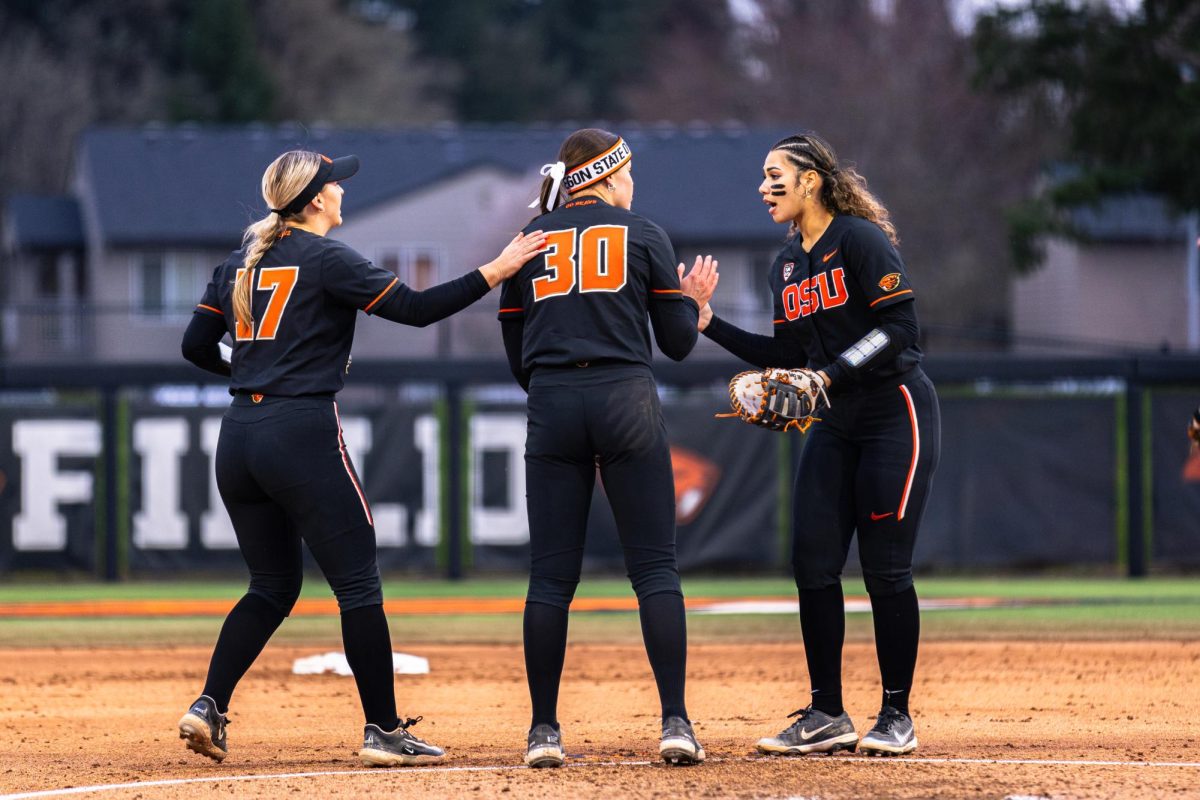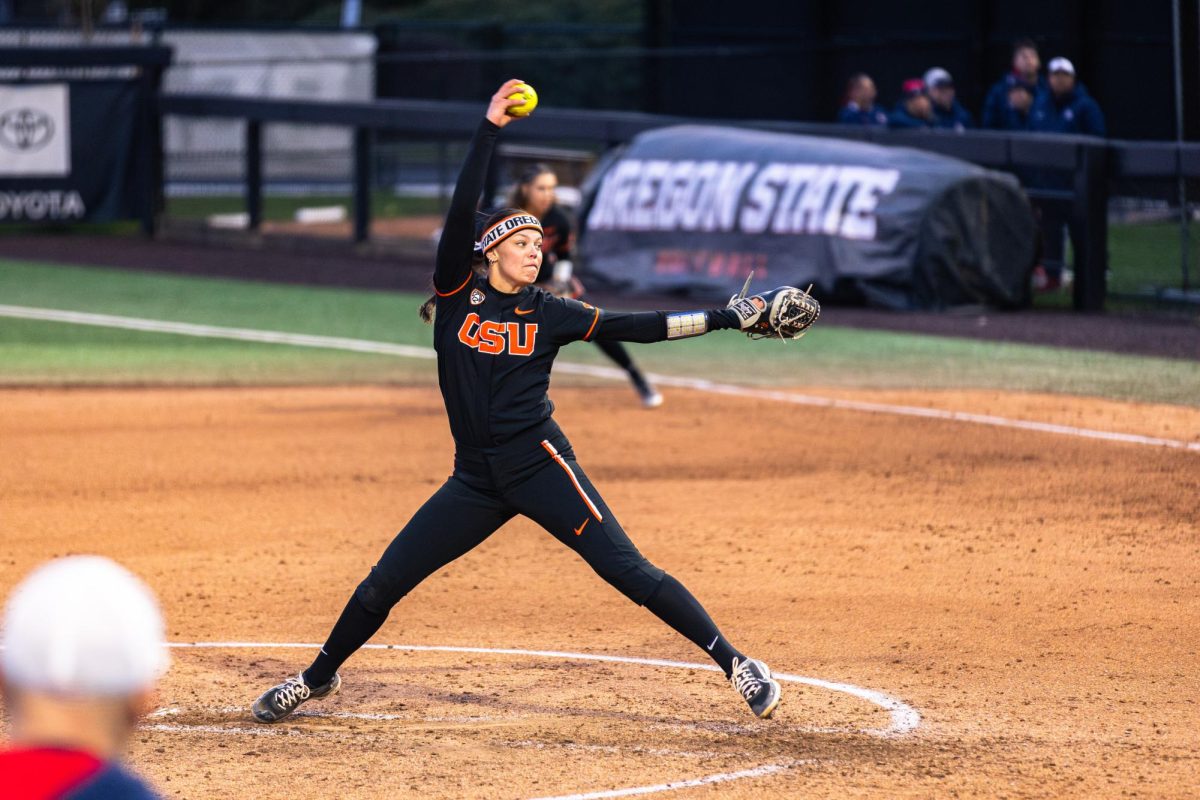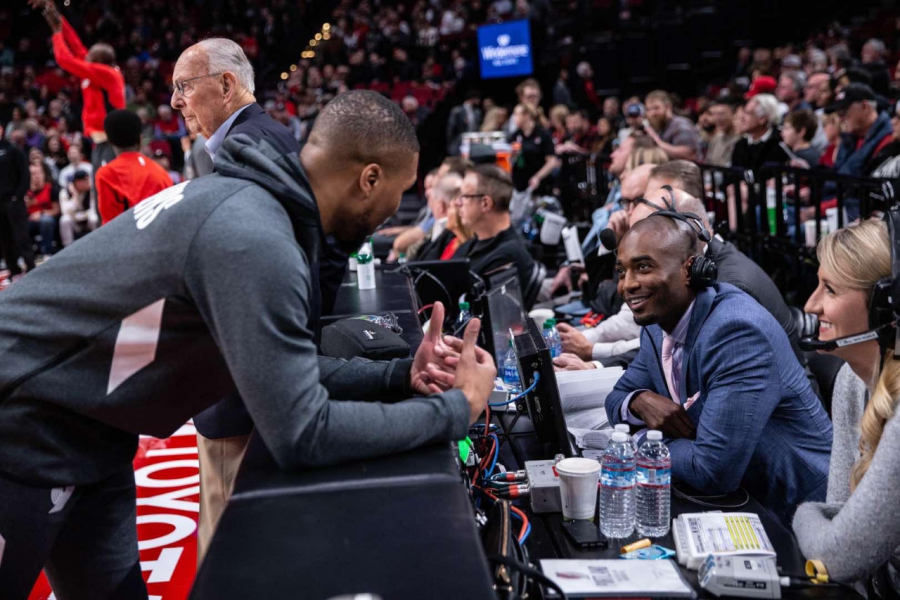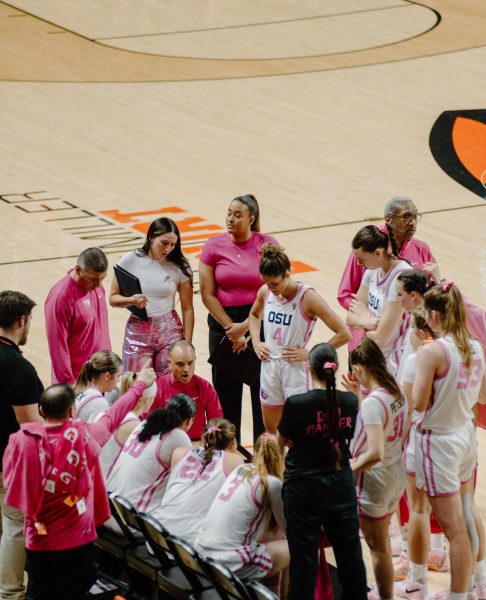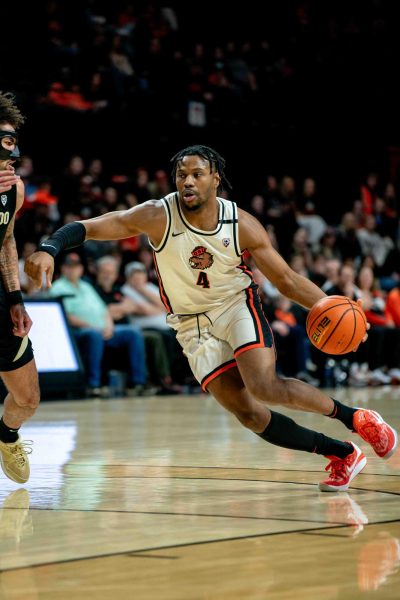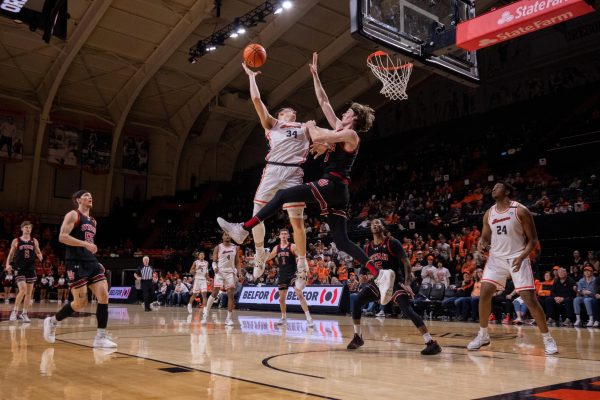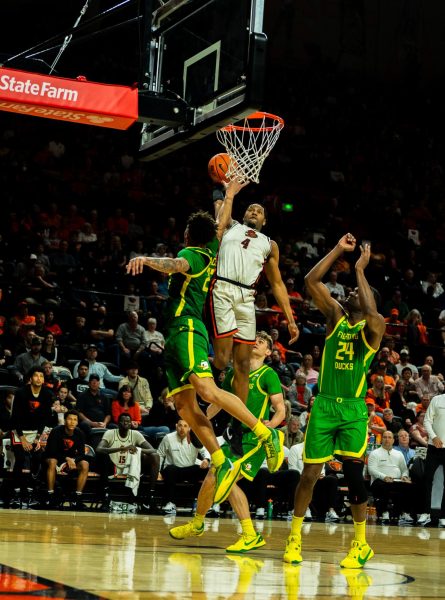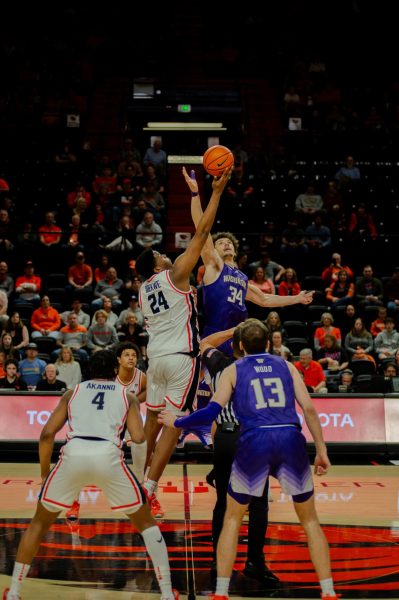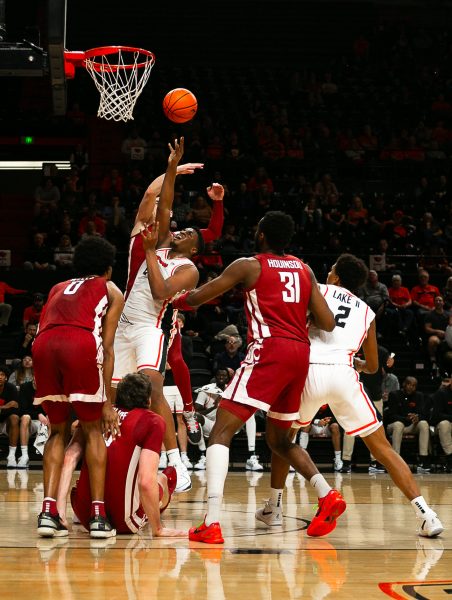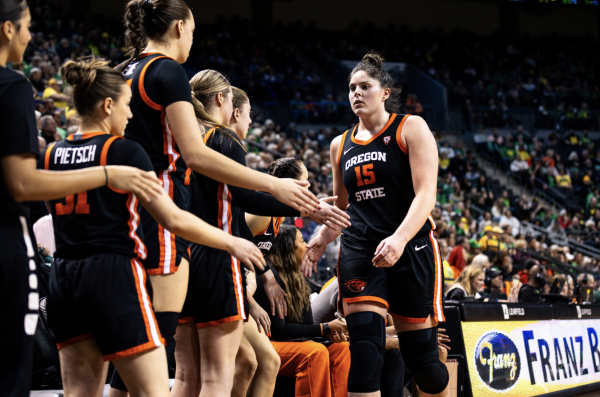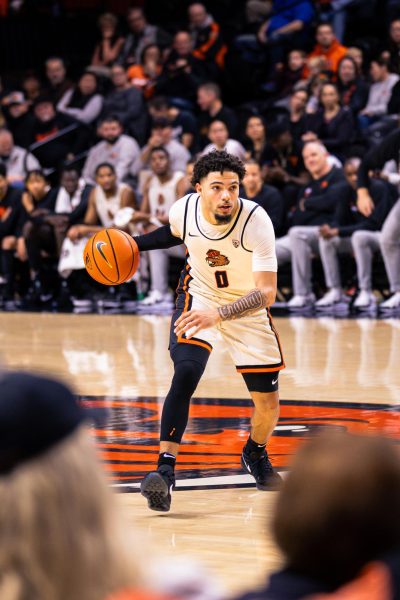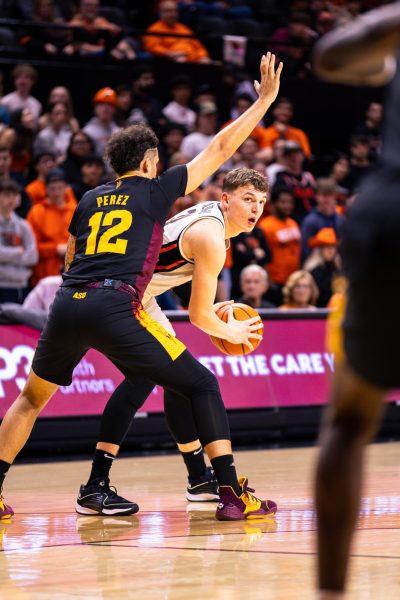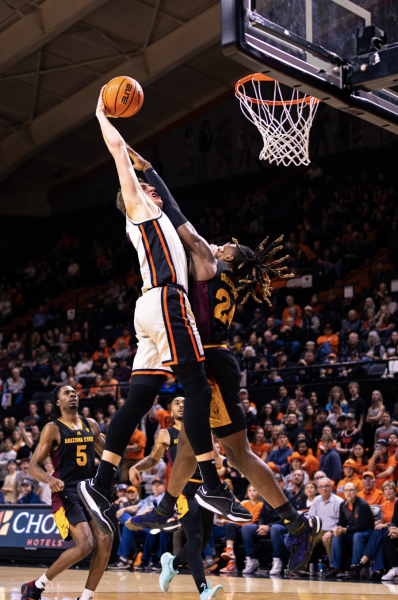Former OSU guard Lamar Hurd’s journey to Portland Trail Blazers color analyst
January 7, 2021
From 2002 to 2006, Lamar Hurd could be found playing point guard for the Oregon State Men’s Basketball team in between his time spent earning his BS in communications.
But although Hurd’s playing days for the Beavers are over, he will be putting in work for the university on the Board of Trustees for the next few years, all while continuing to work with The Other Side of Basketball, a youth basketball program founded by Hurd aiming to encourage qualities such as selflessness and perseverance.
In an interview with OMN Sports, Hurd discussed what brought him to Oregon State, his experiences while at the university, and what he learned from Oregon State and from his broadcasting days for Fox Sports Northwest that helped him get into the position he is in now as the Color Analyst for the Portland Trail Blazers.
You were born in Houston Texas. Growing up there and graduating from high school, what was it about Oregon State that ultimately led you to play basketball here and study for four years here?
It was a long ride. I had a scholarship to Baylor, I had a scholarship to Northwestern, and I almost didn’t go to the tour at Oregon State, but my mom made me. I quickly fell in love with [the school], the town, and the scenery that Oregon has to offer. It is important to me to associate myself with people who agree with what I morally agree with, people who feel similar to what I feel. From the two-day visit, I realized there seem to be a lot of people here who would fit into a community I wanted to be a part of. Also, the PAC-10 at the time was a fast, run and gun pace division that I believed fit my playing ability best.
You’ve been on the Board of Trustees at Oregon State for over a year now. What was it about OSU that led you to give back to the community and join the Board?
It was the opportunity to continue to make an impact. The invitation to join the board was another one of those opportunities. I’m on another board at OSU, the Varsity OSU Board that deals specifically with student-athletes, and it was actually my wife who informed me how much of an honor it was to be invited into the Board of Trustees. There are only fourteen other people, it is a very small group. After experiencing first-hand the trust that parents put into this school to provide for their children, I saw and felt the weight of what the Board is about. This motivated me to become an active part [of] the Board, knowing the extent to which we help these students succeed.
You played in Germany for a year after graduating from Oregon State, and you had a choice coming back to America where you wanted to go; go back to Houston or go back to Oregon. Was Oregon State what led you back to Oregon knowing that there were people you trusted and a community you wanted to get a part of?
Yes, [that was] a lot of it. Typically, when you leave your hometown and go to college somewhere else, you will end up in that area. Especially student-athletes. That’s what they would tell us on our recruiting trips. For me, I never had any plans of, “I’m gonna live in Portland or Corvallis,” I thought I was going to be playing basketball for a long time. What I didn’t know is that I would retire at the age of 23 to help coach kids in basketball in the Portland area, including the creation of All in One Basketball.
The All in One Basketball camps gave children who come from low-income families the chance to be in a basketball camp, a big basketball camp that lasts a week long. Do you know or feel like there are still enough opportunities like this in the Portland Metro area?
Oh, definitely. There definitely are. The main reason I left All in One in 2012 was to start The Other Side of Basketball, a non-profit opportunity. I learned from my coach growing up, “As long as you have a passion for basketball, that’s the prerequisite.” I wanted to start an organization whose main focus was that– to offer this opportunity to these kids. It was never about having “The Lamar Hurd Basketball Camp.” It was about the mission and the purpose.
Doing the All in One camp is what led you to broadcasting for the PAC-12, correct?
It kind of happened simultaneously. The opportunity with the PAC-12 arose in 2008, the year before my first All in One camp. When I shut everything down and started working with kids, I thought I was shutting down my broadcasting opportunities too. I hadn’t heard of a former player who retired at 23, after having an up and down career in college, who then got any type of notable or significant television job. Luckily, Fox Sports Northwest was in a period where they were looking for former student-athletes who could be good TV people. Thinking back to it, I was super excited, I never thought that could be an option.
And then when did you get a call from the Portland Trail Blazers to work for them?
In 2016. The offer from the Blazers came out of left field. I happened to be a free agent in the TV industry at the time with my PAC-12 contract running out, [and] I was expecting to resign with the network for a bigger role. I had CNN interviewing me for a job, one that would relocate me to Atlanta away from family. It took a couple [of] months until I was comfortable saying that I was going to work for the Blazers. Not that I am saying I thought I was above the job; I am super thankful and grateful for the job. Everything that they told me and showed me four years ago has been consistent throughout.
Entering your fifth season as the Color Analyst for the Blazers, what has been the most fulfilling aspect of it all?
Oh, easily the connections. I was able to meet a teacher at one of our games and connected with her to the point where I agreed to drive to her school in Bend and talk to her kindergarteners. This has become an annual thing and my wife comes with me now to go out to dinner with the teacher and her husband. This team, and the Blazers organization, is about giving back to impact others. This past year, once the shutdown happened, NBC Sports Northwest reached out and wanted to run a show we had been talking about that goes around and highlights these types of occurrences. This is the stuff that being a Blazers’ analyst and being able to be connected and have the relationships I have allows me to do. That, without question, is my favorite part.
Getting back to your Oregon State ties, if you could speak to the men’s or women’s basketball teams, with COVID-19 making their circumstances so different from what it was last year, do you have any advice for the players in order to persevere through this and keep fighting?
Yeah, because [fighting] is all you can do. There is a better use of your time than fighting things that you can’t control. For the men’s and women’s basketball teams and all student-athletes, find whatever is the opportunity in the situation. I am a firm believer that no matter how bad something might be, there is some kind of opportunity. I am not saying that it is your desired opportunity, but from the options, what now do you want your desired opportunity to be and how are you going to chase that as much as you can? Why not maximize your situation as much as you can? This is going to go away and then what you hope for is that throughout this period, you have built something that once things get back to a regular way, you can take what you built into this new version of yourself or situation and keep adding to it.
With the 2020-21 NBA regular season tipping off on Dec. 22 with a scheduled end date of May 16, all while both Women’s and Men’s basketball teams at Oregon State are well underway until March, Hurd will be looking forward to following his college program, as well as his NBA employer, the Portland Trail Blazers.

